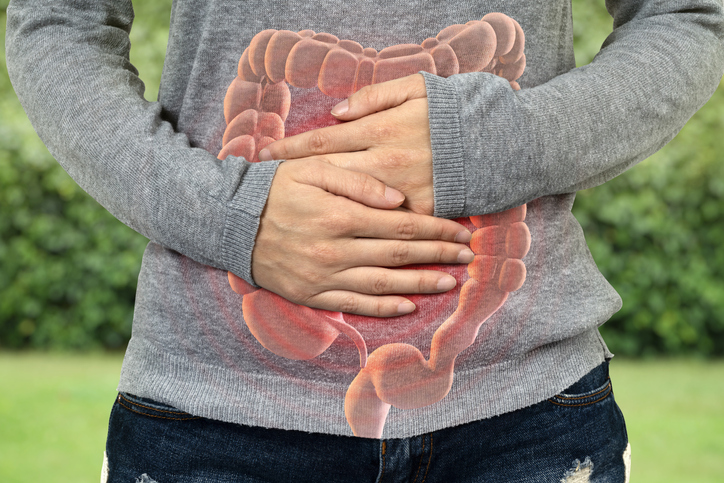Pain
What Is Colitis?

Colitis is a health condition that involves inflammation of the large intestine, or colon. Colitis symptoms range from mild to severe. There are several types of colitis, such as infectious colitis, ulcerative colitis, and chemical colitis.
What are the symptoms of colitis?
The symptoms of colitis depend on the type and cause. The most common symptoms are abdominal pain, cramping, and diarrhea with or without blood in the stool.
Other symptoms include, but are not limited to, the following:
- Fever
- Chills
- Fatigue
- Symptoms of dehydration, such as decreased urine output
What causes colitis?
Potential causes of colitis include the following:
- Infections
- Loss of blood supply to the colon
- Allergic reactions
- Chronic conditions, such as Crohn’s disease
- Food poisoning
The type and cause of colitis are the determining factors for the most appropriate and effective treatments.
What are the risk factors of developing colitis?
Drinking contaminated water and living in poor sanitary conditions are major risk factors for developing infectious colitis. A family history of chronic conditions that cause colitis is also a risk factor for developing colitis. Decreased blood supply to the colon due to smoking, high cholesterol, high blood pressure, untreated atrial fibrillation, or diabetes also increases the risk of developing colitis.










